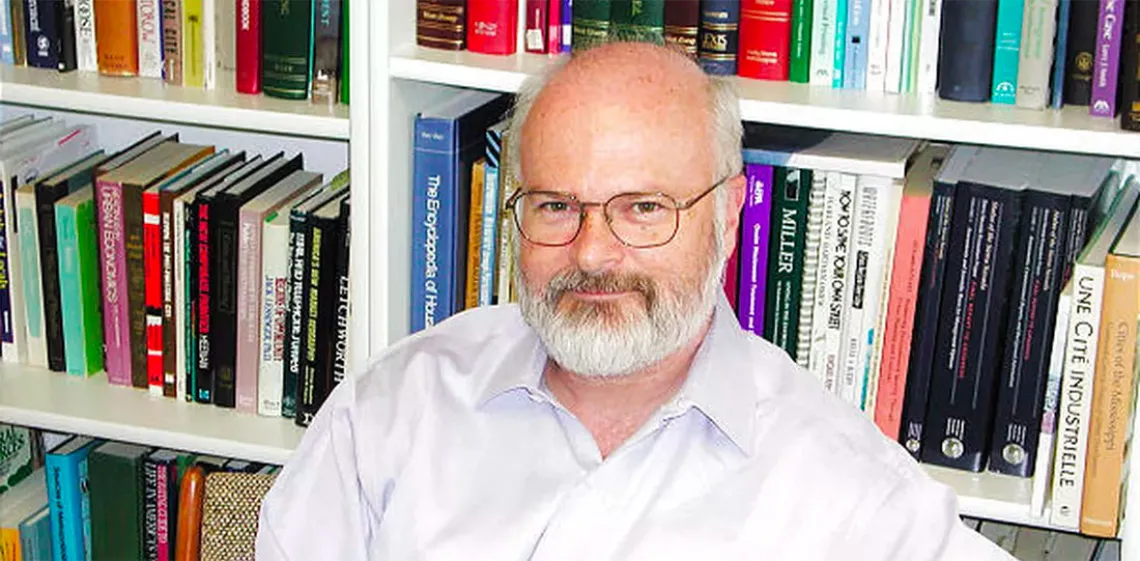Forbes Housing Affordability Story References Research by Urban Planning and Real Estate Development Professor Arthur C. Nelson

Photo courtesy Deseret News.
Research by Arthur C. Nelson, professor of urban planning and real estate development in the College of Architecture, Planning and Landscape Architecture at the University of Arizona, serves as a basis for analysis on affordable housing and innovation in the February 1, 2020 Forbes article, “Housing is Miles Away from Being Affordable, These Builders are Changing the Game.”
Author Jennifer Castenson, who focuses on innovation in the built environment for the widely read business magazine, writes that while housing demand is strong, there is still a “massive gap in what would be considered supply that is affordable.” She writes that Nelson “reports that less than 3% of the housing completions in 2019 hit the missing middle, or were at price points that would be considered affordable for those earning between 80% and 120% of the area median income.” Nelson’s research is included in the book he co-authored with Daniel Parolek: Missing Middle Housing: Thinking Big and Building Small to Respond to Today’s Housing Crisis, published by Island Press in 2020.
Castenson notes that the median sales price of homes in December 2020 was $355,900, “which is out of range for anyone at or below median household income.” Because “what’s needed now is innovation,” she highlights several affordable housing initiatives underway across the U.S.
Nelson joined CAPLA in 2014 after serving as presidential professor and director of the Metropolitan Research Center at the University of Utah. As the author of nearly 30 books and more than 400 other scholarly publications and principal investigator or co-principal investigator of more than $50 million in grants, Nelson is ranked 9th nationally among more than 1,000 planning professors in the quality of published work based on scientific metrics.



